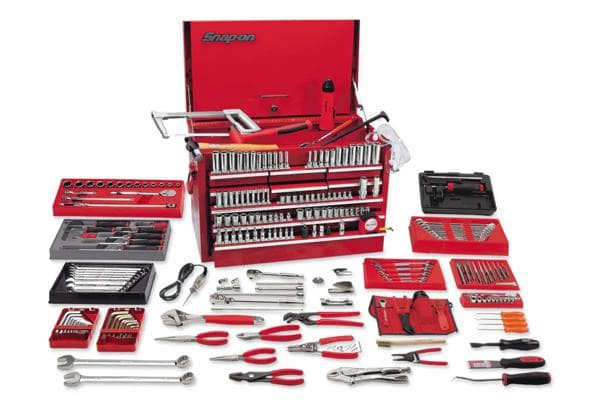
Unleashing the Value: Pawning Snap-on Tools at Pawn Shops
Many pawn shops pay top dollar for good condition tools and equipment.

Pawn shop loans are collateralized
loans, and they do not affect your credit score.
A collateralized loan is when the borrower pledges
collateral with the lender to get the loan. Collateralized loans are often called secured loans
because the loan is secured by the value of another item.
Pawn shops do not check your credit or report any events to credit bureaus when you pawn an item and receive a loan. No third parties are notified of the loan - credit bureaus, your employer, and your bank(s) never find out that you took a loan from a pawn shop.
We encourage you to read our more in-depth post on how pawn shop loans work.
Usually, credit checks are required only for loans where there is a repayment risk. The lender checks a borrower’s credit history to gauge creditworthiness. The lender then can make an educated guess of whether or not the borrower will repay the loan.
Credit histories contain information related to:
Lenders only need to know your credit history information if they might face a financial loss if you do not repay the loan. Lenders also report non-payment issues to credit agencies as a way to encourage good behavior from the borrower.
Pawn shop loans do not have repayment risk because they are collateralized by the item you give the pawn shop to take out the loan. Pawn shops never report information to the credit bureaus if you fail to repay the loan. Instead, the pawn shops sell the item and use the sale proceeds to extinguish the loan obligation.
Pawn shops grant loans knowing that a certain percentage of the loans will not be repaid. Pawn shops calculate the repayment risk and adjust the collateral value that they assign to the good.
Pawn shop loans do not affect your ability to apply for credit cards, mortgages, or auto loans. The pawn shop loan does not show up on the reports requested by these institutions.
You are not obligated to disclose your pawn shop loan to any other financial institution. Pawn shop loans are classified differently and not relevant to most lenders.
Pawn shop loans limit a borrower’s ability and only lend a limited amount. It is impossible for borrowers to overextend themselves with pawn shop loans because they always must put down more collateral than the loan amount.
Pawn shops create loan offers based on the value of the item. Pawnbrokers factor the time value of money and liquidation costs into the equation.
For example, let’s say Robert brings in an expensive violin with a $2,000 resale value. The pawnbroker may extend a loan for 25-50% of the value ($500-1,000). The difference between the resale value and the loan amount represents the accrued unpaid interest, liquidation costs, and profit on selling the item.
When a loan is not repaid by the repayment date, the pawn shop has the legal right to sell the item pledged as collateral. Some pawn shops may offer to return the item if the item is still in inventory and the borrower repays the loan after the due date.
You should always discuss loan terms in detail before handing over your collateral and signing paperwork. Pawn loans are legally binding transactions.
Most loans that are unsecured (also called uncollateralized) such as a credit card or department store line of credit require a credit check and credit history to open the account. The lender then reports payment information and any default events to the major credit bureaus (Equifax, Experian, and TransUnion).
Pawn shop loans are never reported to credit bureaus. You can always check your credit report after you take a pawn shop loan to verify (read more about reading your credit report). Checking your credit report is usually free or for a small fee, depending on the state where you live. Checking your credit report does not negatively affect the score.
💬 Be the first to leave a comment

Many pawn shops pay top dollar for good condition tools and equipment.

Learn how to sell your good condition designer sunglasses to pawn shops
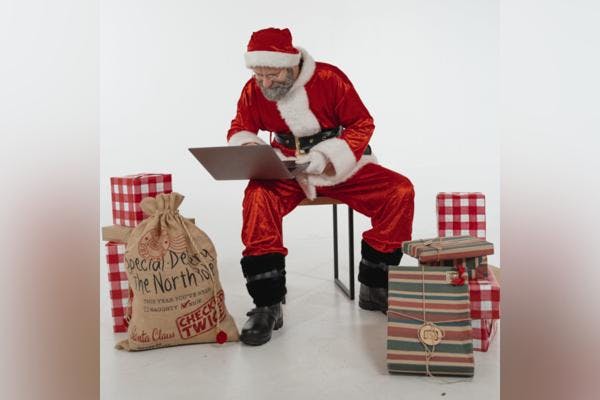
Learn how you can exchange Christmas gifts at pawn shops for cash
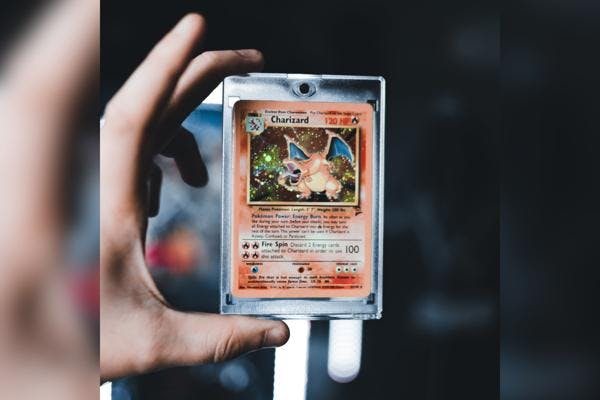
Learn how to get the most money at pawn shops for your rare Pokémon Cards.
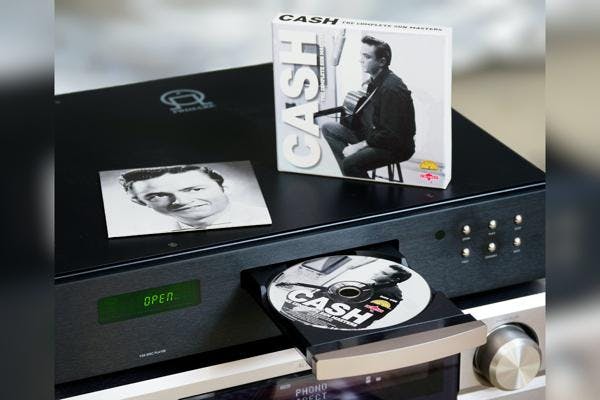
Many pawn shops still buy and sell DVDs and DVD players. Learn how much money pawn shops will offer.
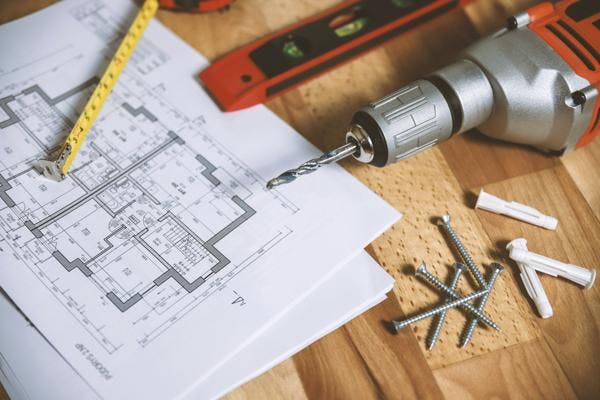
Pawn shops are an essential part of the economy. Learn how you can start a profitable pawn shop in your local region.